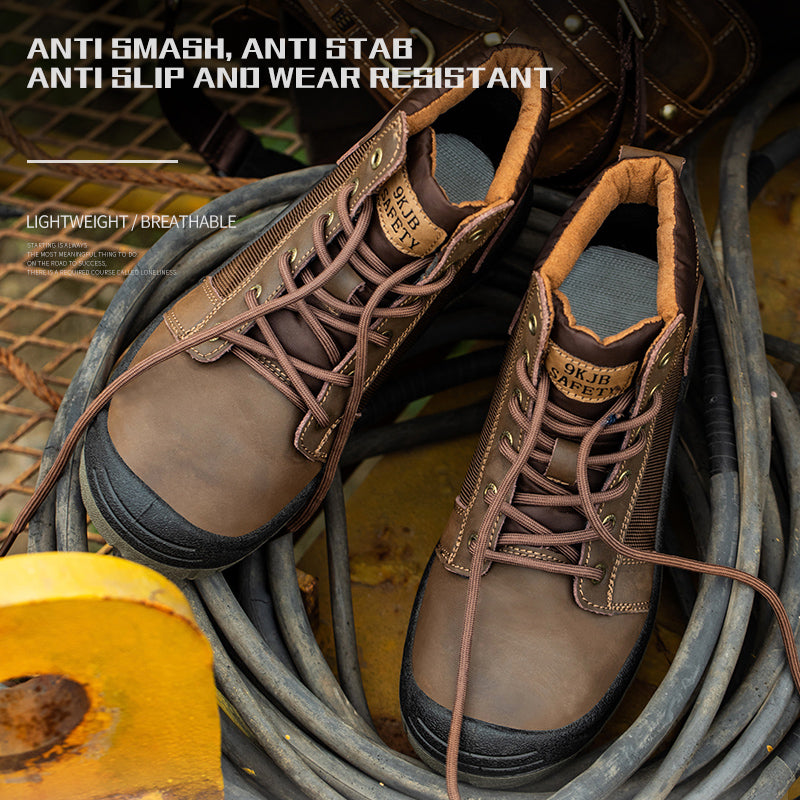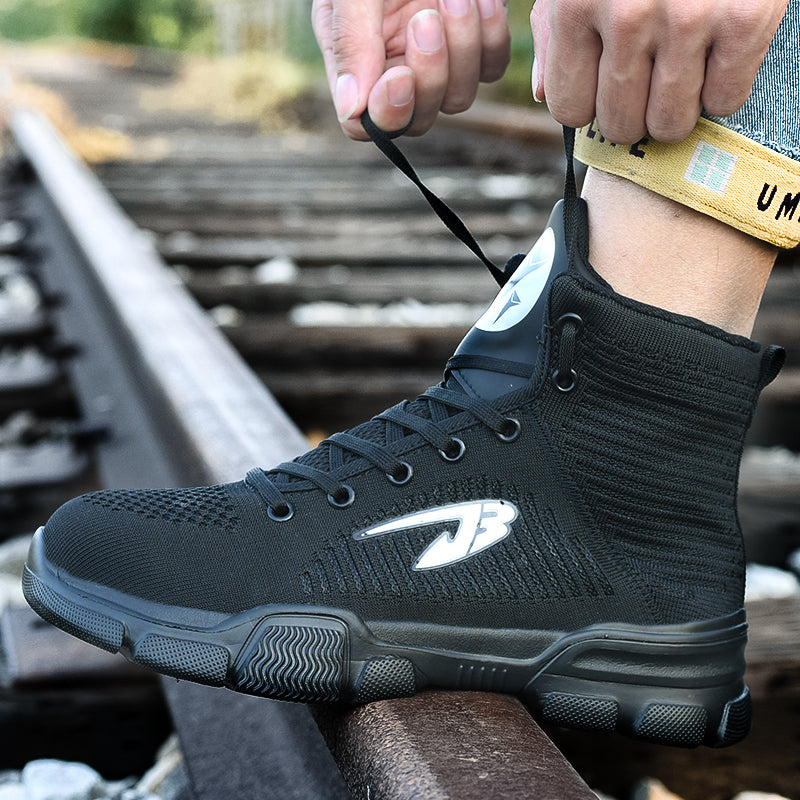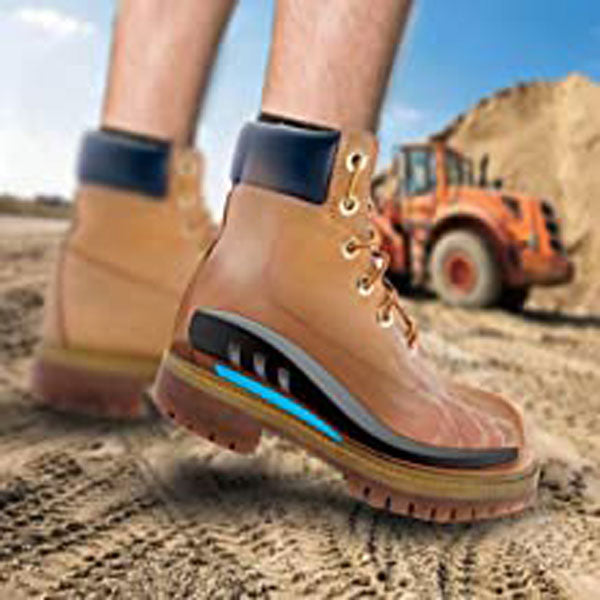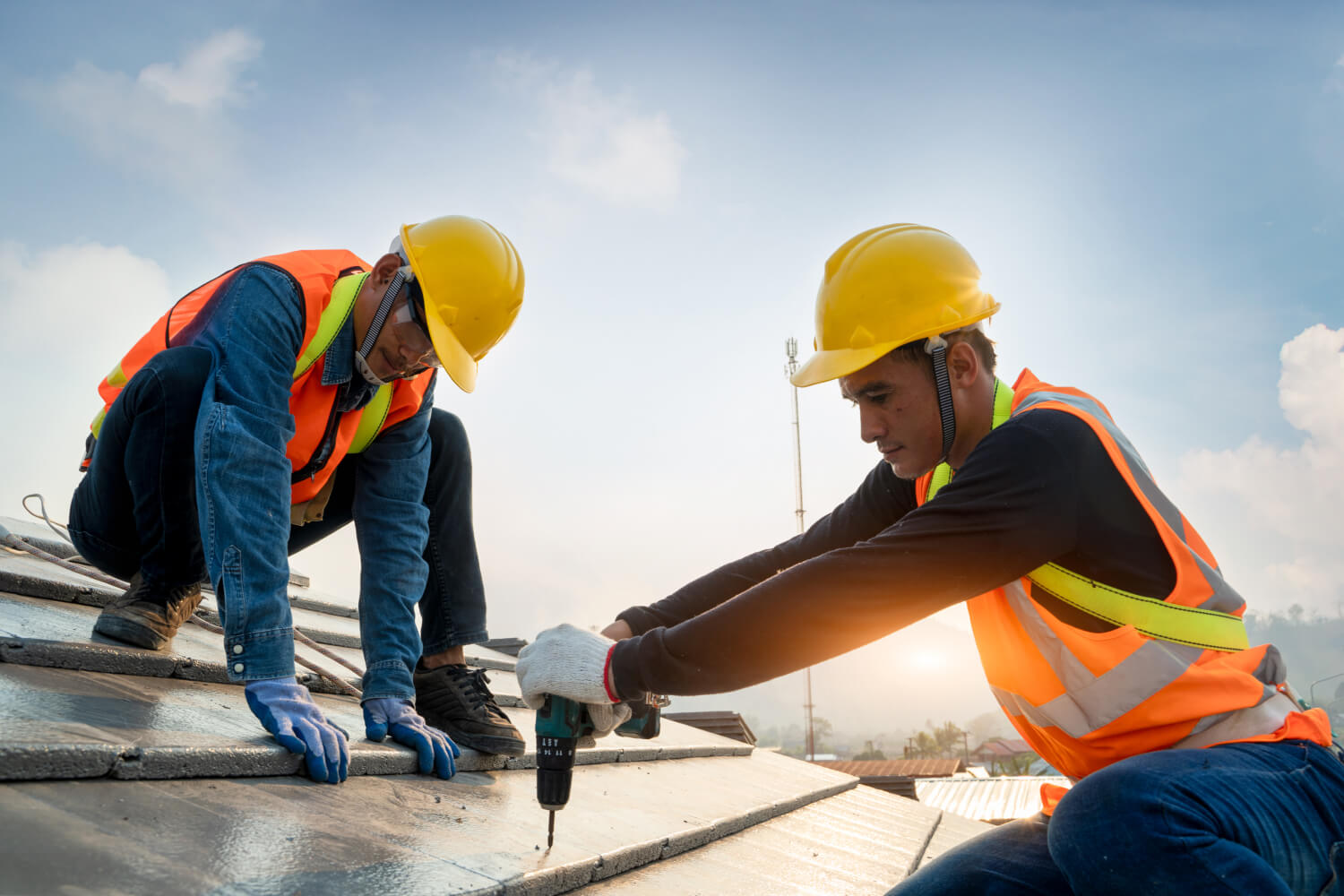Do you yearn for a simpler existence far away from the bustle of cities and government systems? If so, going off-grid is one way to gain your own independence, be closer to nature and experience more freedom. It’s not for everyone, but if living sustainably appeals to you, then learning how to live off the grid can lead you there. While it may look intimidating at first glance with all those technical details, we’ll help make it easier by breaking down the basics of what sustainable single-living looks like. So whether you’re a construction worker that wants some time away or a DIY enthusiast who needs total solitude every now and again, this post will provide an easy path toward achieving off-grid comforts!
What is Living Off-Grid & Why Should You Consider It

Living off-grid might sound like a foreign concept to some, but it's a liberating lifestyle choice that allows you to break free from the restrictive chains of modern society. Imagine waking up each morning, sipping a hot cup of coffee with the sun peeking through the lush green trees, as you enjoy an unparalleled sense of freedom – that's living off-grid for you. As you live in harmony with nature, you're not dependent on public utilities for your basic needs like water, electricity, and gas. Instead, you harness nature's bounties through means like solar panels, rain catchment systems, and composting to be self-sufficient. Beyond the undeniable eco-friendliness, going off-grid also makes you more resilient and adaptable as you learn new survival skills and problem-solving techniques. So, if you're yearning for a meaningful lifestyle shift that brings you closer to nature while reducing your carbon footprint, living off-grid just might be the perfect choice for you.
Create a plan for Sustainable Living

Creating a sustainable living plan is not only about making a positive environmental impact but also about achieving a more relaxed and harmonious lifestyle. This laid-back approach starts with evaluating your daily habits and finding ways to minimize waste, energy consumption, and unnecessary expenses. For instance, choosing to walk or bike instead of driving or growing your own vegetables instead of buying them at the store. It involves making smarter choices in a casual, step-by-step manner that can lead to significant improvements over time. Being sustainable isn't just about massive lifestyle changes — it can also involve minor, achievable modifications that contribute to a healthier and more fulfilling life. Embracing sustainable living can take some effort, but by adopting a logical and descriptive approach, you'll soon find it becomes an effortless part of your daily routine.
Find the Right Location for Your Off-Grid Home

Finding the right location for your off-grid dream is the first step to living a life of freedom and independence. Consider your childhood dream of living in a peaceful and quiet area - how close will you be able to get to that dream? Think about factors such as air quality, access to clean water, natural beauty, weather conditions, and proximity to fun activities. By researching different locations and what they offer, you can make your dream a reality rather than just dreaming about it! Ready to find the perfect spot for your home away from home? Set off on your journey today, and soon enough, you'll have the fresh air, clear waters, and pure escapism that comes with being off-grid!
Choose an Energy Source for Your Home

Finding the right energy source for your home doesn't have to be complicated. Whether you're looking for simple DIY options or reliable and safe sources of power without breaking the bank, an off-grid system might be the way to go. It's a great way to get closer to nature and achieve total freedom from the hassles of city life while still having the convenience and comfort of modern living. Plus, with the proper setup and equipment, a simple living situation can be achieved on a budget that won't break the bank. So why not take advantage of simple but effective energy sources like solar and wind power today?
Consider Water, Waste, and Sanitation

When we think about the fundamental necessities for a healthy life, water, waste, and sanitation are definitely at the top of the list. It's vital for us to have access to clean water, yet it's something many of us take for granted. We simply turn on a faucet and presto! We have water that's readily available whenever we need it. But as convenient and efficient as it may be, our water usage also highlights the importance of proper waste and sanitation management. After all, we need a functional system that protects our water sources from pollutants and contaminants. Furthermore, having an eco-friendly waste disposal system not only preserves natural resources but also plays a crucial role in maintaining the overall well-being of our environment. It's time we recognize the significance of the three W's – water, waste, and sanitation – and do our part in preserving these essentials for future generations.
Learn about Local Building Codes and Regulations

You know, I've been thinking about how important it is to be familiar with local building codes and regulations. I mean, it's not just about making sure that we're in compliance with the law; it's also about ensuring our safety and that of others. Just imagine working on a construction project, and suddenly you find out that you've crossed a line and violated some code—now that's a headache nobody wants! Plus, local codes reflect a particular region's unique needs and requirements, which makes sense since not every place faces the same challenges or environmental conditions. So, before diving into your next building project, it's worth taking the time to understand the local rules governing construction in your area. Not only will you be keeping everyone safe, but you'll also avoid any potential legal hassles in the future.
Living off-grid is a gratifying experience and can bring freedom, closeness to nature, and independence from the government. There are many considerations to make when planning for sustainable living, like finding the right location, choosing an energy source for your home, considering water and sanitation, and learning about local building regulations. Having the proper safety gear is also critical when following your dream of off-grid living. Investing in good quality safety gear is essential to keeping you and those around you safe while working. To ensure the best possible experience while setting up an off-grid home, browse the lightest and most comfortable safety shoes on the market. With all the right information and plans in place, living off-grid can give you more freedom than ever - so why not start your journey today?







